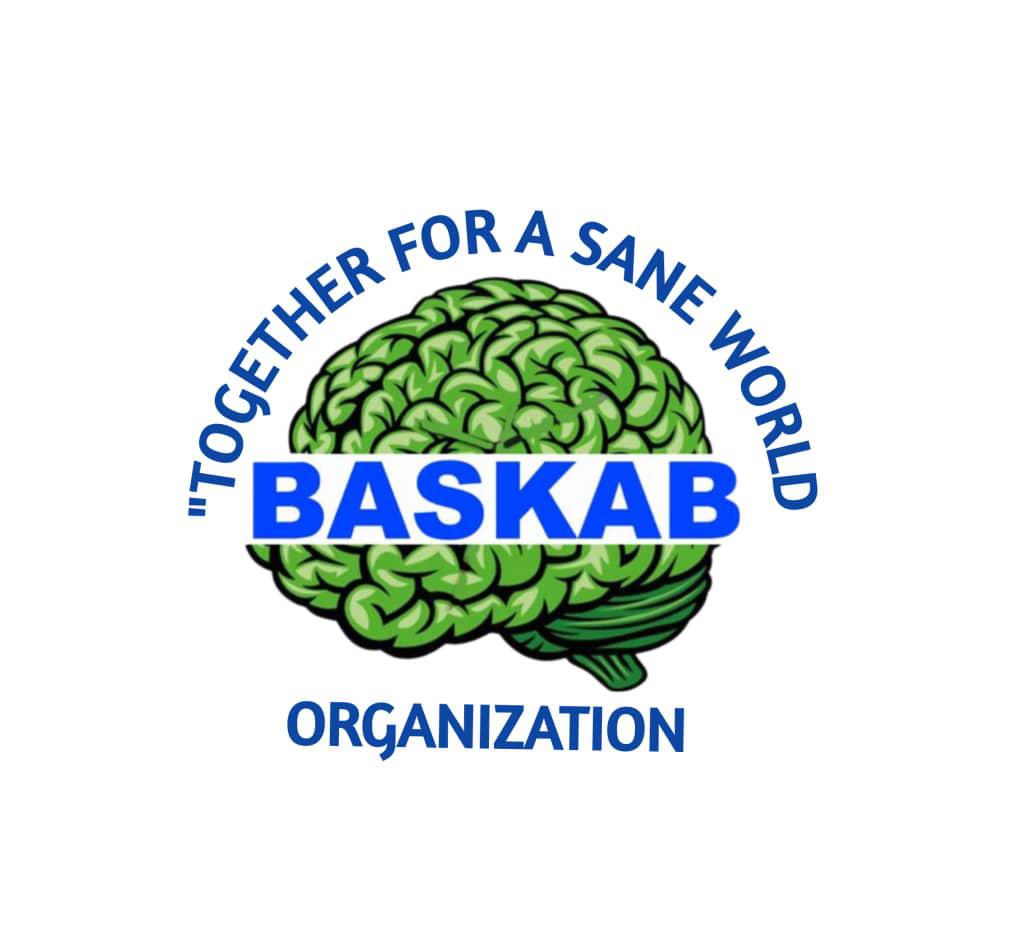Substance abuse is a serious issue that can have devastating effects on both physical and
mental health. There are three main categories of drugs, each with its own unique set of
risks and consequences.
- Excitements/Drugs
Excitants are substances that increase energy and alertness, often keeping users awake
and alert. However, prolonged use can lead to:
- Insomnia and sleep disorders: Difficulty falling asleep and staying asleep
- Physical fatigue: Exhaustion and decreased physical performance
Examples: Cocaine, fentanyl, tobacco, anorectics (appetite suppressants), and
Tramadol
- Therapeutics
Therapeutics are substances that soothe, tranquilize, and calm the mind and body.
However, long-term use can result in:
- Neurasthenia (fatigue): Persistent feelings of weakness and exhaustion
- Memory problems: Difficulty retaining and recalling information
Examples: Alcohol, opioids (heroin and its derivatives), morphine, analytics,
and antidepressants
- Hallucinogens
Hallucinogens are substances that alter consciousness and perception, often causing
hallucinations. Use of these substances can lead to:
Risk of addiction: Physical and psychological dependence
Examples: Cannabis, mushroom
Altered perception: Distorted views of reality


The Risks of Substance Abuse
Possession, trafficking, or use of these substances can have serious consequences,
including:
Legal consequences: Fines, imprisonment, and a permanent record
Conclusion
Substance abuse is a serious issue that requires awareness and understanding. By
recognizing the risks and consequences of substance use, individuals can make
informed decisions about their health and well-being. Say no to addiction and yes to
health by prioritizing your physical and mental well-be
Addiction: Physical and psychological dependence
Health problems: Both short-term and long-term effects on physical and mental
health


Leave a Reply